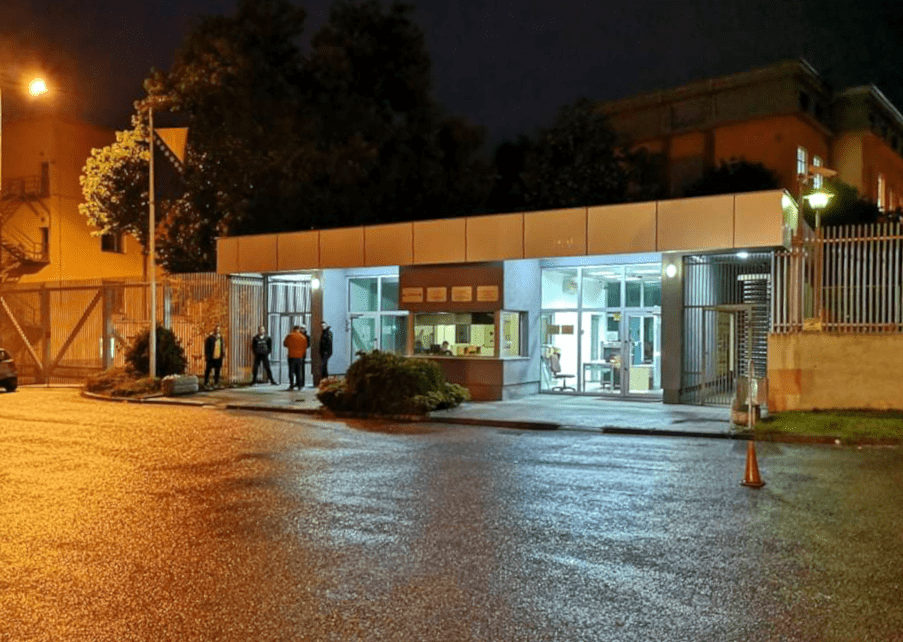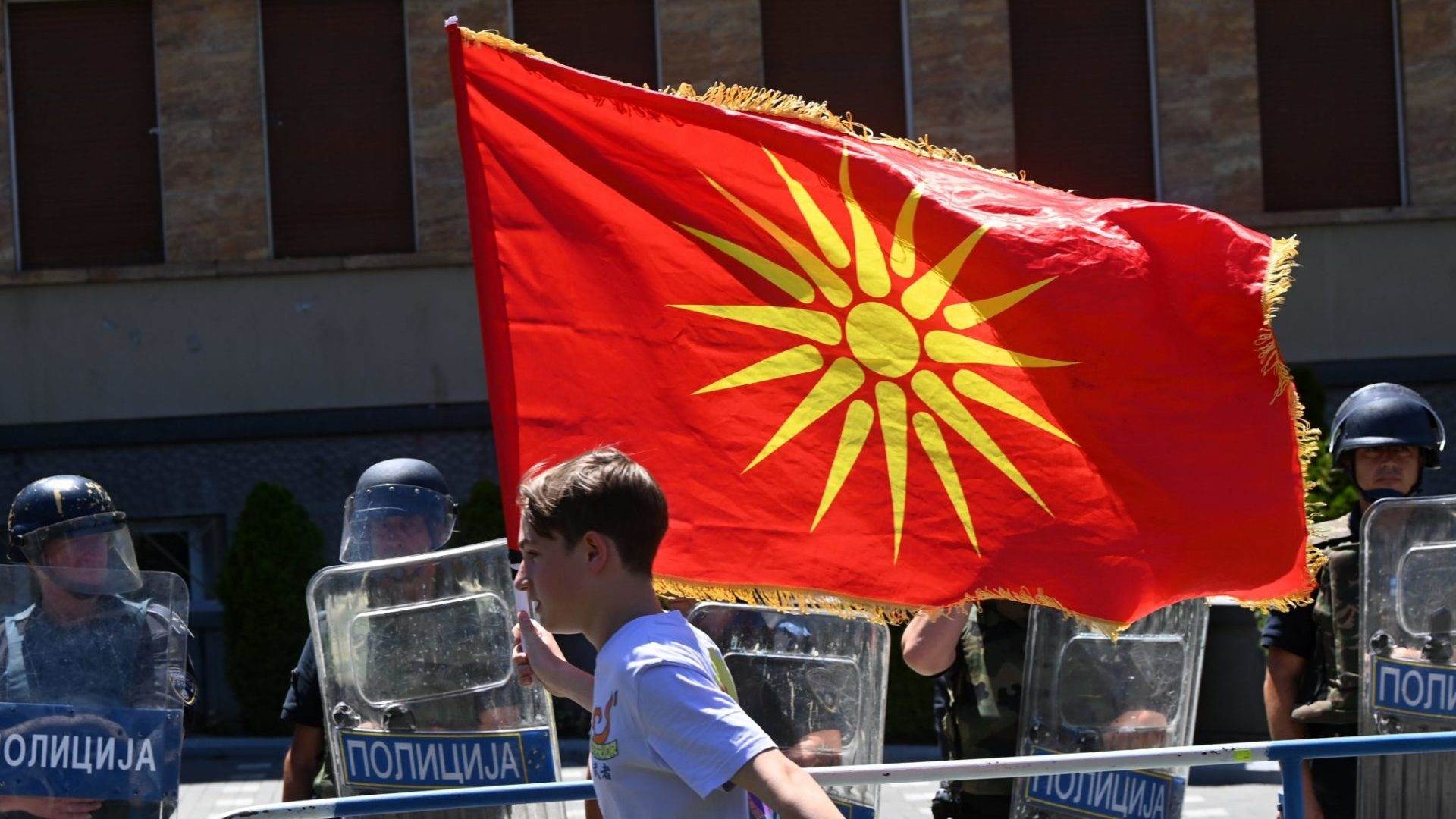This post is also available in: Bosnian
After more than a decade of waiting for the former Bosnian Serb leader to be brought to justice, there are complaints that the trial is proceeding too slowly and that Karadzic is deliberately dragging out proceedings as long as possible – causing interest to wane.
And analysts say the trial has not reduced Karadzic’s heroic aura in Serbia and the Republic of Srpska, RS
Karadzic was arrested on July 21, 2008 after more than 10 years of hiding in Belgrade under the name of Dragan Dabic.
The International Criminal Tribunal for the former Yugoslavia, ICTY, indicted the former President of the Republic of Srpska, RS, in 1995 for genocide at Srebrenica and seven other municipalities as well as for crimes against humanity and violations of the laws and customs of war in Bosnia and Herzegovina from1992 to 1995.
His trial began at the end of October 2009 when prosecutors presented their opening arguments. After numerous delays and many requests from Karadzic to dismiss the charges and delay the trial, the first witness appeared six months later in April.
Mirela Huković-Hodzic, a BH Radio 1 journalist who follows the trial, says the slow pace is caused by Karadzic who is spending up to 10 times longer than the prosecutor on cross-examining witnesses.
In the past 45 sessions, prosecutors managed to examine just 14 witnesses. Some like Momcilo Mandic, a former justice minister in the government of RS, and Robert Donia, an American historian, were cross-examined by Karadzic for more than 20 hours.
“If we continue with the pace that took place in the first three months, Karadzic’s trial could last until 2020,” said Mirko Klarin, director of the agency Sense-Tribunal, adding that under the tribunal’s mandate, the entire process should be finished in 2014.
Fadila Memisevic, president of the Society for Threatened People in Bosnia and Herzegovina, blames the tribunal for allowing Karadzic free reign.
“He just enjoys. He really sees himself here as if he is on some sort of stage and his thesis is the same as the one during the war – the stretching of minds. The longer the better for him,” said Memisevic.
However, she is more concerned by Karadzic’s conduct in the courtroom.
“Karadzic is doing all he can to turn the courtroom into a circus,” she said.
“Witness Mandic is the example – the way they addressed each other is the culmination of tastelessness. Mandic is addressing Karadzic as ‘Mr President’ and Karadzic is addressing him as ‘Mr Minister’. It is mocking. What kind of president? What kind of minister and of which state?” she said.
At his request, Momcilo Mandic was a witness for the court, not the prosecution, from June 16 to 30. At the beginning of his cross-examination, Karadzic apologized to Mandic “for the suffering” that his testifying had caused.
“Mr. President, I accept it,” replied Mandic, who was acquitted by the Court of Bosnia and Herzegovina for crimes committed in Sarajevo and Foca.
“That kind of pomposity and theatricality is painful. It seems to us that these people are unaware brutal crimes Karadzic is indicted,” said Branko Todorovic, president of the Helsinki Committee for Human Rights of the RS.
Sinan Alic, Acting President of the Helsinki Committee for Human Rights of Bosnia and Herzegovina, is also angered by Karadzic’s courtroom behaviour.
“He is trying to make a circus out of the trial. He is making jokes there where there are no jokes at all. He is either not normal or ill. Apparently he is not aware of his situation,” Alic said.
To Eldin Hadzovic, a journalist from the weekly magazine Dani, the trial is a place where Karadzic’s political views are promoted and a platform for “his fans and followers in Serbia and Bosnia and Herzegovina”.
“The trial … seems like a sleazy reality show in which he insults, humiliates and again attacks the witnesses for the great joy of the audience,” said Hadžović.
Belgrade journalist Dejan Kozul believes that the general public is “preoccupied with their own problems” and do not have the time or the will to follow the process.
Dejan Anastasijevic, a journalist with the weekly magazine Time, says the fact that the local media are only sporadically reporting on the case through short-agency reports is contributing to the disinterest.
Milan Antonijevic, executive director of the Lawyers Committee for Human Rights in Serbia (YUCOM), is concerned that the trial is proving ineffective in removing the hero’s aura which in some communities still surrounds Karadzic.
In Bosnia and Herzegovina, Mirela Hukovic-Hodzic believes that people are either resigned or indifferent to the Karadzic’s trial.
“ resigned because what they see in the courtroom looks like a ‘repeat’ of the Slobodan Milosevic’s trial. indifferent because the post-war period in Bosnia and Herzegovina takes too long, and the existential problems in the dysfunctional state are getting worse and worse. This all together lasts too long, and people are tired,” said Huković-Hodzic.
Slobodan Milosevic, the president of Serbia in the early 90s, was indicted for crimes committed in Bosnia, Croatia and Kosovo. He died before the trial was completed.
Although many believed that interest in Karadzic’s trial would be considerably higher in the Republic of Srpska, as the indictee was the founder and first president of this Bosnia and Herzegovina entity, Branko Todorovic points out this isn’t the case.
“Almost no one is interested in his trial. The population is faced with an everyday … struggle poverty, misery, unemployment, and I think most are hostile towards Karadzic as they considered him as responsible for the situation which they are in,” said Todorovic.
Rajko Vasic, Executive Secretary of the Alliance of Independent Social Democrats (SNSD) believes that following court proceedings of so-called war stars like Karadzic is another remnant of a sick society and does not contribute to the truth about war and reconciliation.
“The Karadzic’s trial is wrong and the selection of witnesses shows that. The presented facts are not judicial and do not constitute material evidence. This does not contribute to the legal process but to the political theater,” said Vasic, a senior official from SNSD, the strongest party in the RS.
Mirko Klarin disagrees, pointing out that such trials are important to understand “what happened to us and who is responsible for it”, particularly in countries where opinions are divided over events that took place during the war.
“Court verdicts, in which it is determined beyond a reasonable doubt, won’t change that, at least not quickly, but will limit the room for a reasonable denial of the crime, and unreasonable denials will always exist,” he said.
Merima Husejnović is a BIRN – Justice Report journalist. Justice Report is an online BIRN weekly publication.




